We provide comprehensive ENT care with state-of-the-art facilities and experienced specialists for all your ear, nose, and throat needs.
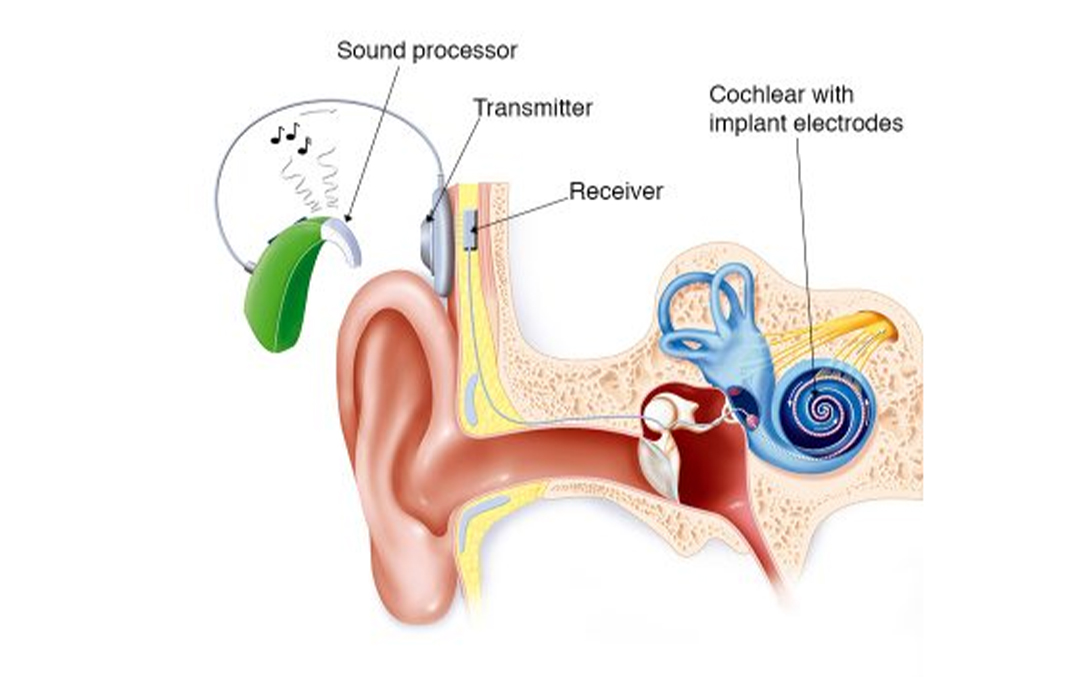
Advanced hearing restoration through cochlear implant surgery for severe hearing loss.
Explore Now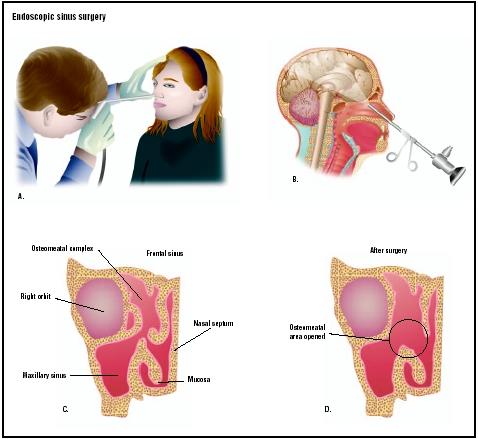
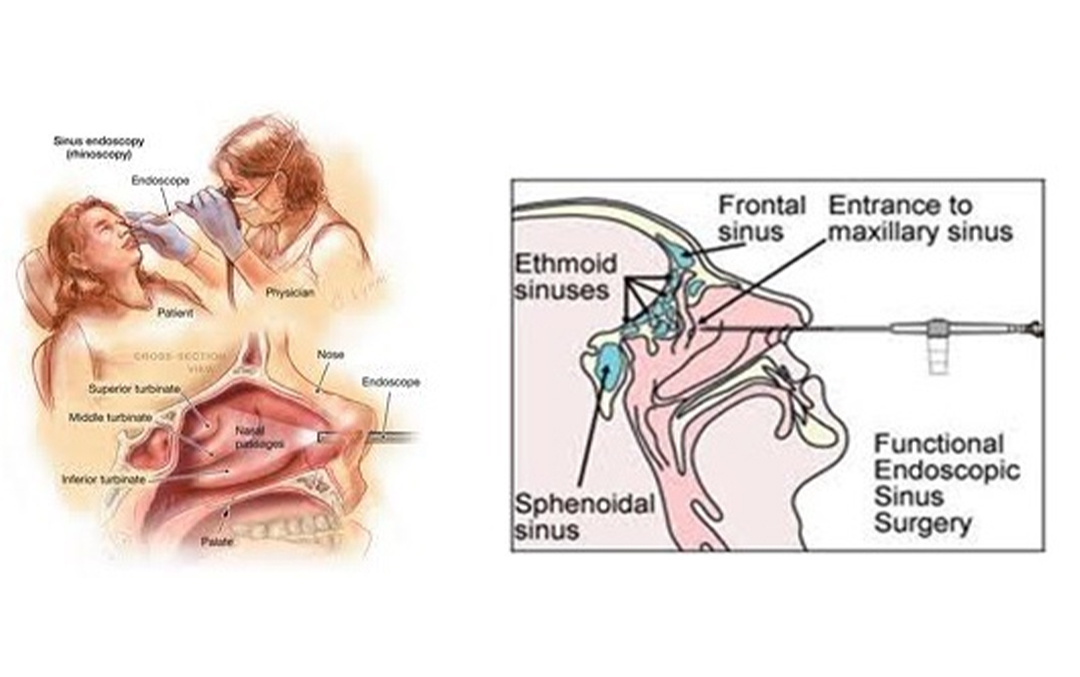
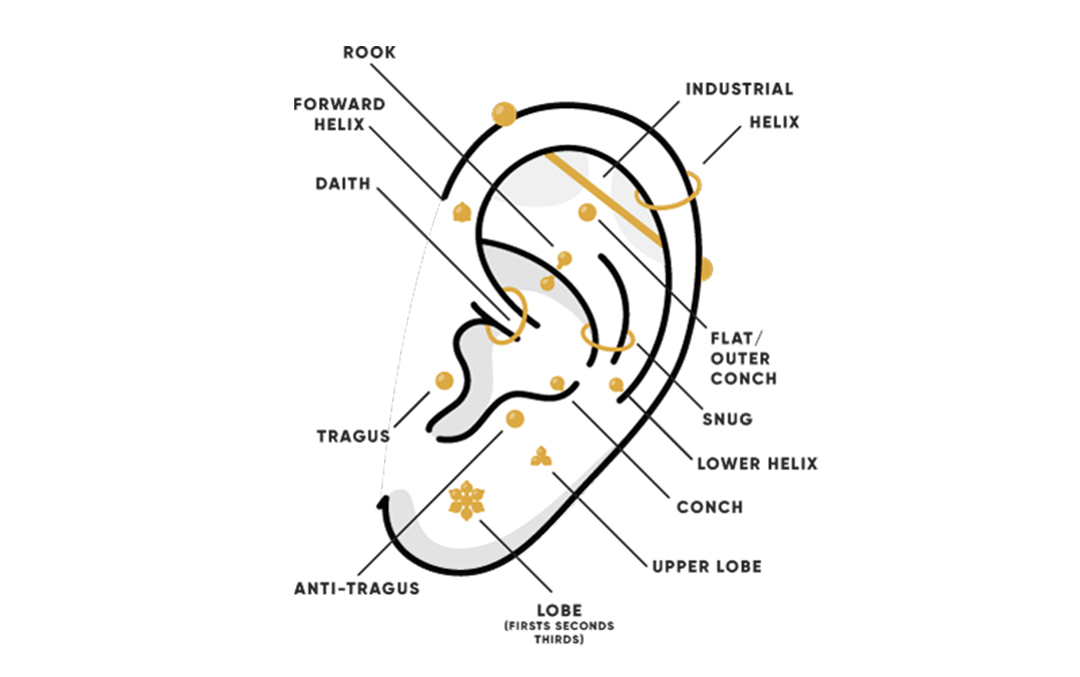
Professional and safe ear piercing services with aesthetic considerations.
Explore Now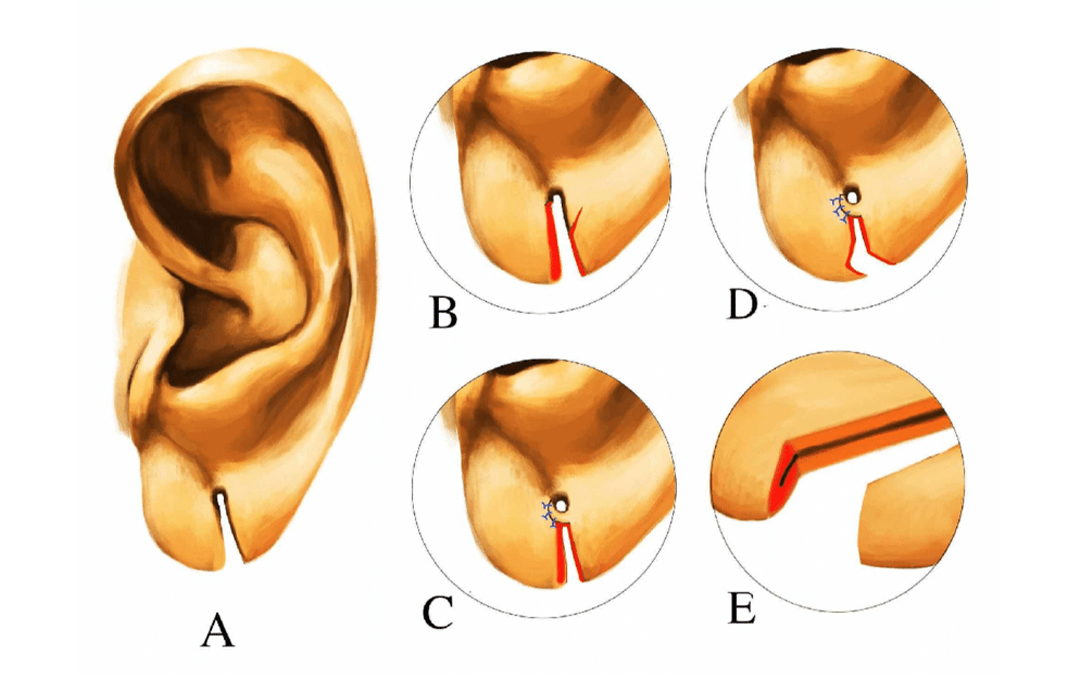

Providing advanced ENT care with expertise and compassion
MBBS, MS (AIIMS), DNB, MNAMS (MCI-18493)
Dr. Manish Prakash is a distinguished name in the field of Otorhinolaryngology (ENT Specialisation) with over 25 years of rich clinical, surgical, and academic experience. Widely regarded as one of the leading Senior ENT specialists in Gurgaon and the surrounding NCR region, Dr. Prakash is celebrated for his commitment to excellence, patient-first approach, and mastery across a broad spectrum of ENT, Pediatric ENT, and Head & Neck Cancer surgical care.
With extensive surgical experience, including practice in the UK and as Specialist Registrar at Sir Ganga Ram Hospital, New Delhi, his areas of expertise include:
Please feel welcome to contact our friendly reception staff with any general or medical enquiry. Our doctors will receive or return any urgent calls.